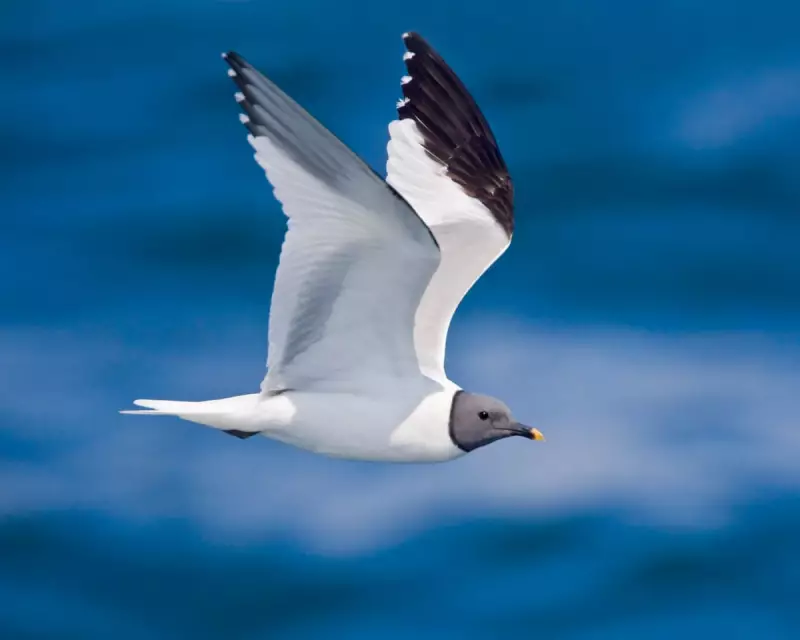
Britain's coastline has become an unexpected haven for exotic avian visitors this autumn, as powerful Atlantic weather systems have dramatically altered traditional migration patterns. Birdwatchers across the country are reporting unprecedented sightings of species rarely seen in UK waters.
Nature's Navigational Challenge
A succession of intense autumn gales sweeping across the Atlantic has created what ornithologists are calling a "perfect storm" for bird migration disruption. These powerful weather fronts have forced thousands of migrating birds off their usual courses, pushing them towards British shores instead of their intended destinations in southern Europe and Africa.
The phenomenon has produced some remarkable sightings, including multiple reports of grey-cheeked thrushes from North America and several rare heron species typically found in Mediterranean regions. Coastal hotspots from Cornwall to Norfolk have become temporary homes for these displaced travellers.
Birdwatchers' Unexpected Bounty
For the UK's birdwatching community, the weather disruption has created extraordinary opportunities. "This is exactly the kind of event birders dream about," explained renowned ornithologist Dr Eleanor Vance. "When weather systems collide with migration season, we get to witness species that would normally bypass Britain entirely."
Popular birding sites have seen significant increases in visitors, with enthusiasts hoping to catch glimpses of the unusual arrivals. The Royal Society for the Protection of Birds has reported particularly high activity at their coastal reserves.
Survival Challenges for Weary Travellers
While exciting for observers, the diversion presents serious challenges for the birds themselves. Many arrive exhausted after battling fierce headwinds and have depleted their energy reserves.
- Long-distance migrants face starvation without familiar food sources
- Tropical species struggle with Britain's cooler temperatures
- Disoriented birds risk predation and habitat challenges
- Many may lack strength to complete their original journeys
Conservation Implications
Wildlife experts are monitoring the situation closely, noting that such dramatic weather-related diversions could become more frequent with changing climate patterns. Conservation groups have issued guidance for the public on assisting distressed birds while minimising interference with natural behaviours.
This extraordinary event serves as a powerful reminder of nature's vulnerability to weather extremes while offering a unique window into the complex world of avian migration. For Britain's birdwatching community, it represents an unexpected autumn spectacle that underscores the dynamic relationship between weather patterns and wildlife movement.





